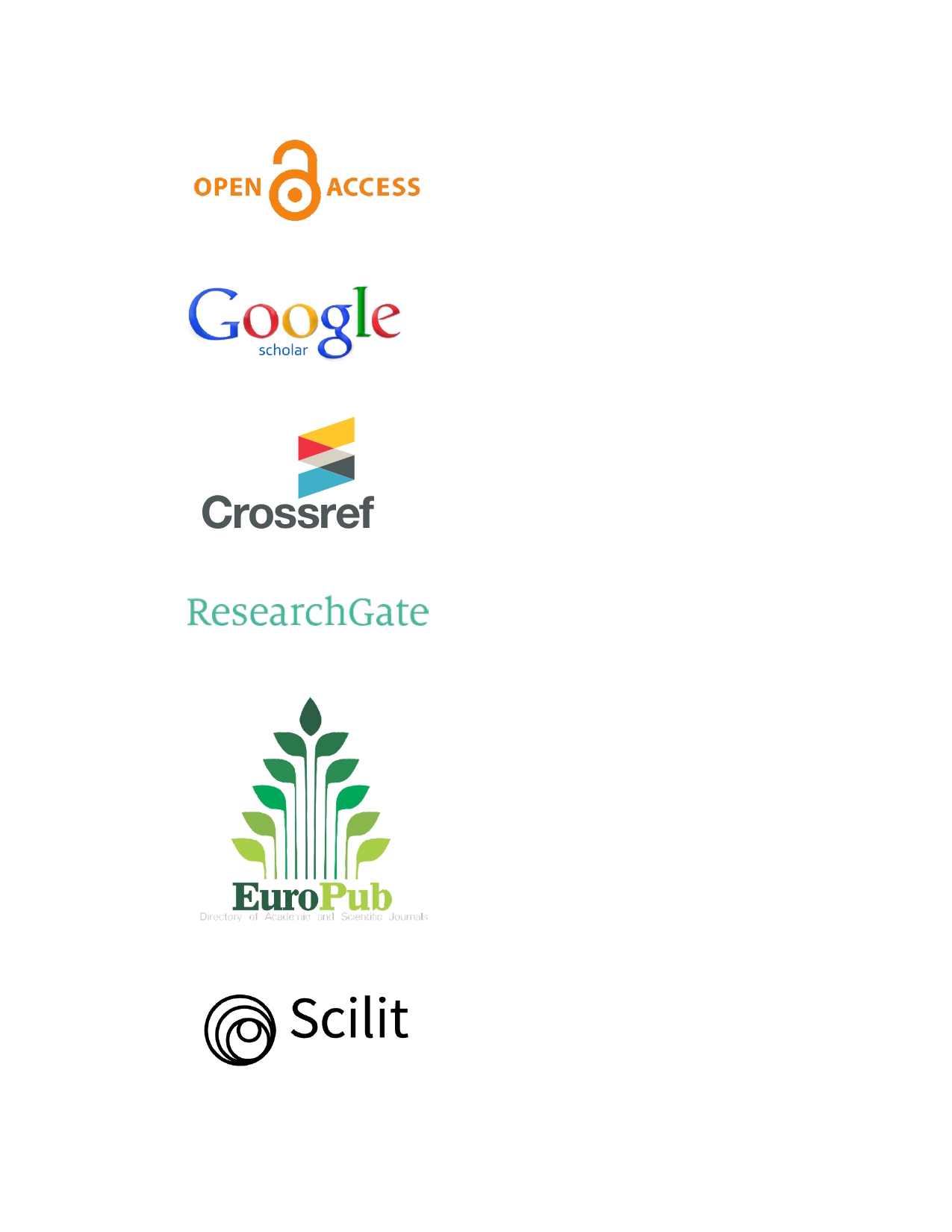Semantic Duality in Translation: Auto-Antonyms in English Versions of the Quran
DOI:
https://doi.org/10.63002/assm.304.1019Keywords:
Auto-antonyms, Polysemous interpretation, Contradictory meanings, Semantic broadening, Semantic narrowing, Cultural literacy, Quranic eloquenceAbstract
A great deal of research work, in the field of lexical semantics, has been made for investigating antonyms either within or across languages. Yet, notably, auto antonymy, in terms of research, has been received relatively little scholarly attention. This study highlights the potential usefulness to gain new theoretical insights into the effect of context in shaping Quranic auto-antonyms that are not auto-antonyms by definition. The researcher was stimulated by the semantic pragmatic embellishment in the Quranic rhetoric in terms of forming self-opposing meanings within one lexical item when subject to the authority of context. This is a comparative, qualitative study that aims to assess, with regard to translation, the different ways of addressing auto-antonyms brought about by context. The study has been applied on five of the most common and credible English versions of the Quran in terms of accuracy and fluency. A purposive sample of contextual Quranic auto antonyms were selected and consulted from different academic references. The findings demonstrated that contextual Quranic auto-antonyms are ambiguous, and accordingly, do not lend themselves seamlessly to translation. In addition, they revealed that every translator has their own personal touch in approaching self-opposed words/phrases in the Quran.
Downloads
Published
How to Cite
Issue
Section
License
Copyright (c) 2025 Hassan Badr, Saad Abdulhady

This work is licensed under a Creative Commons Attribution 4.0 International License.






